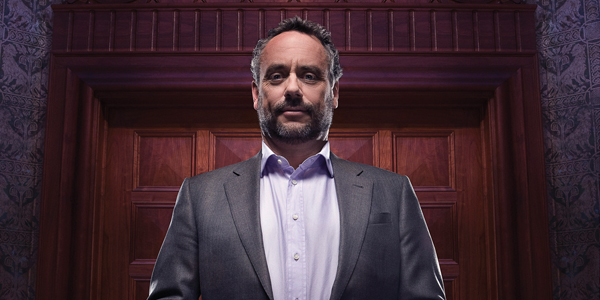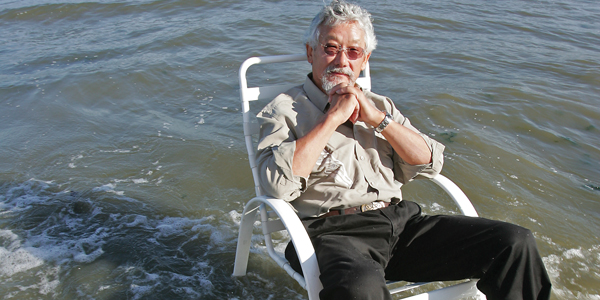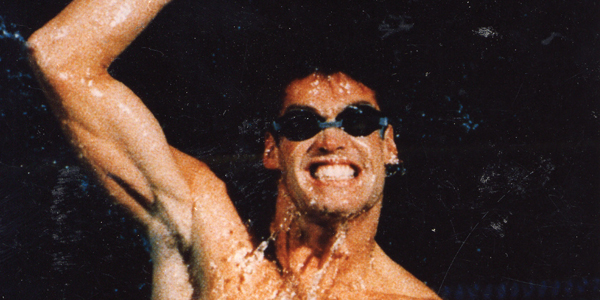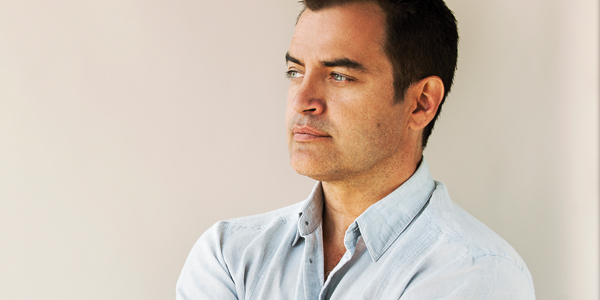When I graduated from college and became a management consultant, one of the first thing I was taught was how to answer questions from clients without giving away my age or lack of business experience. “Instead of admitting that you graduated from college last spring, just say that it’s been a while since you were in school.” The underlying message was that we needed to portray ourselves as having more knowledge and experience than we actually did.
That carried over into our work. To prepare for client meetings, we were taught to have done plenty of research and to have formulated a recommendation, one that was supported by solid data and analysis. We were expected to portray ourselves as being smart (and frankly, that meant smarter than the clients), and advised to do nothing that might demonstrate a lack of confidence or authority.
As a result, many of my colleagues, including me, came to dislike our jobs. And to be fair, it didn’t feel like our clients liked us much either. But that was the world of consulting, and unfortunately, in many places, it still is.
When I left that job and joined a “real” company, I became a client myself, bringing in consultant to do projects for my organization. I suppose that it was somewhere during that time that I developed my current approach to consulting, one that we’ve been using in my firm for the past dozen years. It’s called naked consulting and, yes, it’s as intriguing as it sounds.
The essence of naked consulting is that clients are more interested in candor, humility, and transparency than they are in confidence, authority, and perfection. That’s not to say that competence is irrelevant; clients need to know that we have the knowledge and experience to help them. But once we’ve reached that level, the best way to differentiate ourselves from competition – not to mention help a client implement the ideas we’re recommending to them – is to be vulnerable with them.
Vulnerability is the opposite of, well, invulnerability. It’s about honesty and authenticity. And it’s about overcoming the understandable fears that cause us to say and do things that hurt our relationships with clients. Those include the fear of losing our clients’ business, the fear of being embarrassed or looking stupid in front of clients, and the fear of putting ourselves in a position of inferiority with our clients. I say these fears are easy to relate to because no one wants to lose business, look stupid, or feel inferior. Ironically, it’s only by facing and overcoming those fears, and getting comfortable being naked, that we can earn the kind of trust that creates loyalty with clients.
What does being naked look like in practice? Naked consultants confront clients (kindly) with difficult information and perspectives even if the client might not like hearing it. They also admit their weaknesses and willingly acknowledge their mistakes. Naked consultants also ask potentially dumb questions, and make potentially dumb suggestions, because if asking those questions or making those suggestions might help their clients than it’s worth doing.
Even before landing a client, a naked consultant will demonstrate vulnerability and take risks. They will give away their best ideas and start consulting to the prospective client during a sales call. In fact, they’ll do no real selling at all, forgoing that activity in order to find a way to help a potential client even if they never actually become a real, paying one.
If all this sounds a little counterintuitive, even crazy, that’s because it is, at least to many consultants and service providers. It puts them in a position of potential weakness and exposure, and increases the possibility that they’ll be taken advantage of. But to clients, that weakness and exposure is seen as honesty, generosity, and a demonstration of our humanity. And no matter how hard we may try to convince ourselves that clients expect us to be superhuman, in reality, what they want more than anything is for us to be simply human.
Which is what makes naked consulting so ironic, and difficult. In order to demonstrate our humanity, to do what will endear us to clients like nothing else, we have to do something that is unnatural for most of us to do. Here’s hoping that we can all find the courage to be unnaturally human.
.
Three Ways to “Consult Naked” Starting Today:
- Confront clients (kindly) with difficult information and perspectives, even if the client might not like hearing it
- Admit your weaknesses and willingly acknowledge your mistakes
- Ask potentially dumb questions, and make potentially dumb suggestions, because if asking those questions or making those suggestions might help your clients, then it is worth doing.






